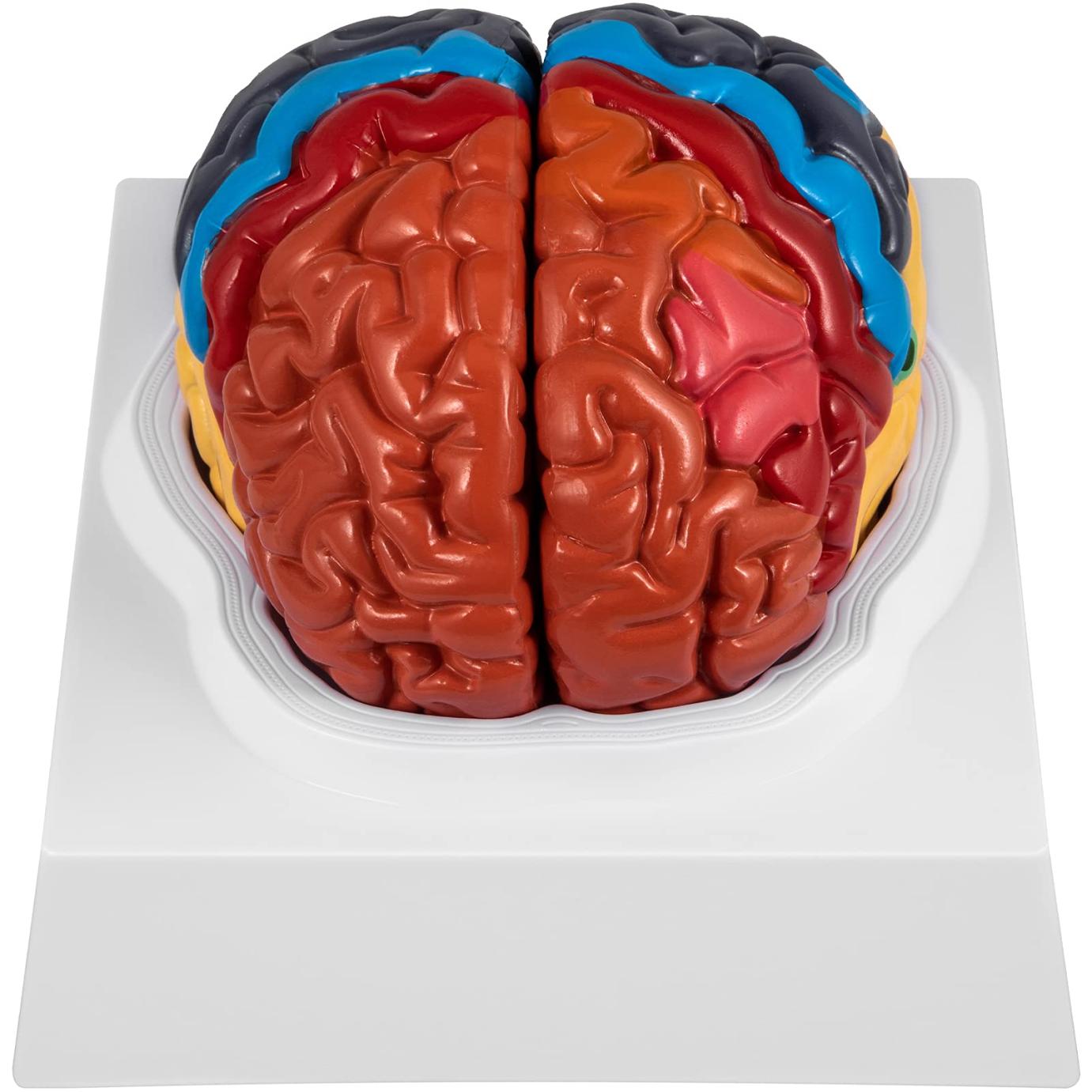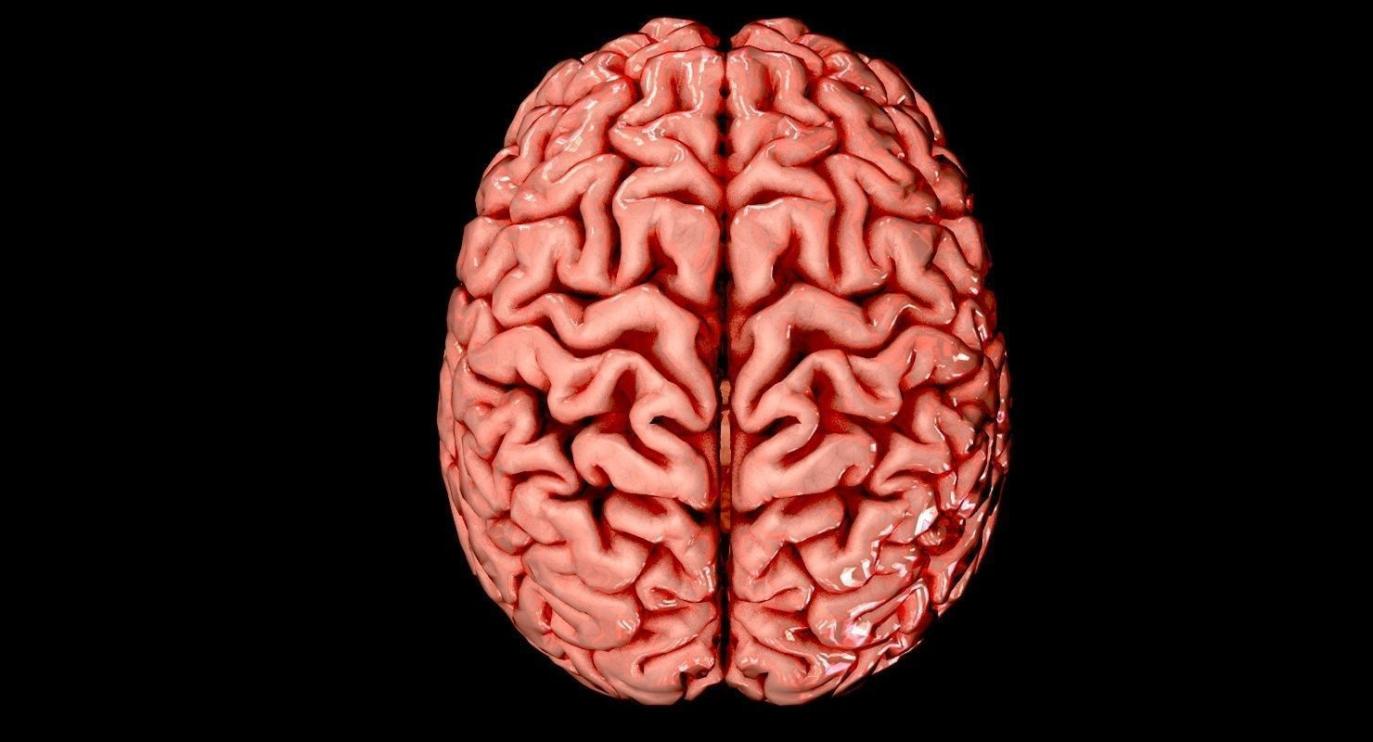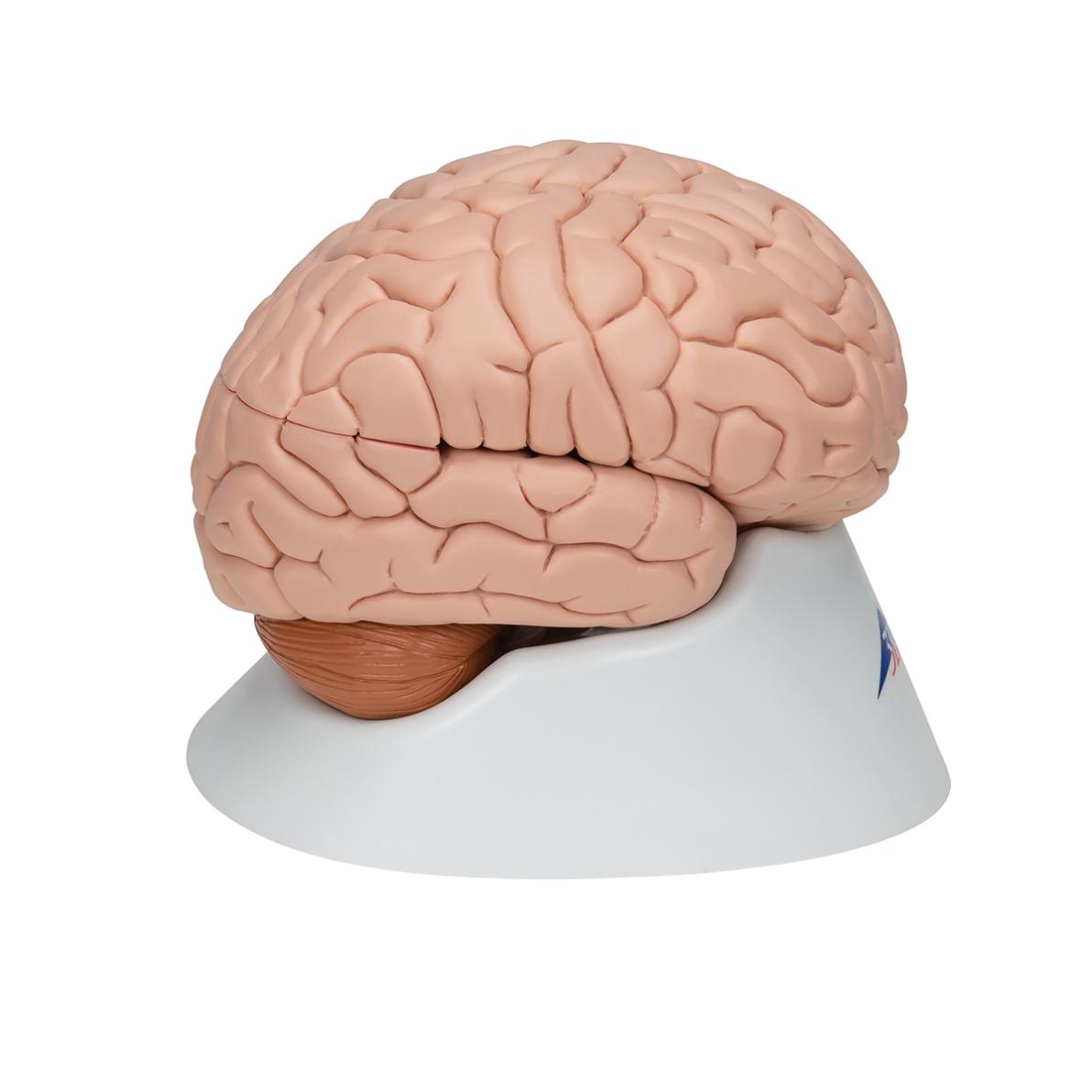How Does the Brain Form Memories?
Memories, the intricate tapestries of our past experiences, shape who we are and guide our actions. From the cherished moments of joy to the lessons learned from adversity, our memories define our lives. Understanding how the brain forms and stores these memories is a captivating scientific quest that has intrigued researchers for centuries.

Types Of Memories: A Tapestry Of Experiences
Memories are broadly categorized into two primary types: long-term and short-term.
- Long-term Memory: The repository of our enduring knowledge and experiences, long-term memory encompasses two main subtypes:
- Episodic Memory: Personal experiences and events, vividly recalled with contextual details. Brain regions involved: Hippocampus, prefrontal cortex.
- Semantic Memory: General knowledge and facts, devoid of specific personal context. Brain regions involved: Temporal lobes, parietal lobes.
- Short-term Memory: A fleeting storehouse of information, short-term memory consists of two components:
- Working Memory: Temporary storage and manipulation of information, essential for complex cognitive tasks. Brain regions involved: Prefrontal cortex, parietal lobes.
- Sensory Memory: Brief storage of sensory information, allowing us to perceive and process sensory stimuli. Brain regions involved: Sensory cortices.
The Enigmatic Process Of Memory Formation: A Multifaceted Journey
The formation of memories is a complex and multifaceted process, involving distinct stages of encoding, storage, and retrieval.
Encoding: Transforming Experiences into Neural Traces
Encoding is the initial stage where information is converted into a form that the brain can store. This intricate process involves:
- Acoustic Encoding: Sounds and words are converted into neural representations.
- Visual Encoding: Images and pictures are transformed into patterns of neural activity.
- Semantic Encoding: Meaning and concepts are extracted and stored in neural networks.
Storage: Preserving Memories Across Time

Once encoded, memories are stored in the brain for varying durations.
- Short-term Storage: Memories are temporarily held in the hippocampus and prefrontal cortex for seconds to minutes.
- Long-term Storage: Memories are transferred from short-term storage to more permanent locations in the brain, including the hippocampus, amygdala, and prefrontal cortex, for days, weeks, years, or even a lifetime.
Retrieval: Recalling Memories When Needed
Retrieval is the process of accessing stored memories when needed. This intricate process involves:
- Recall: Consciously remembering information without external cues.
- Recognition: Identifying previously encountered information when presented with cues.
Factors Influencing Memory Formation: The Delicate Balance

The formation of memories is influenced by a multitude of factors, including:
Attention: The Gateway to Memory
- Paying attention to information is crucial for memory formation.
- Selective attention filters out irrelevant information, allowing us to focus on and encode important details.
Emotion: The Coloring of Memories
- Emotional events are more likely to be remembered than neutral ones.
- The amygdala, a brain region associated with emotions, plays a key role in emotional memory.
Repetition: Strengthening Memory Traces
- Repeated exposure to information strengthens memory.
- Rehearsal, the conscious repetition of information, aids in memory consolidation, the process of stabilizing and integrating new memories into long-term storage.
Sleep: The Restorative Elixir for Memories
- Sleep is essential for memory consolidation.
- REM sleep, a stage of sleep characterized by rapid eye movements, is particularly important for memory processing.
Conclusion: Unveiling The Enigma
The study of memory formation is an ongoing scientific endeavor, with new discoveries continuously expanding our understanding of this intricate process. By unraveling the mysteries of memory, we gain insights into the very essence of what makes us human. This knowledge has far-reaching implications, from improving education and treating memory disorders to unlocking the secrets of consciousness itself.
As we delve deeper into the enigmatic realm of memory formation, we stand on the threshold of groundbreaking discoveries that will reshape our understanding of the human mind and its boundless capacity for knowledge and experience.
YesNo

Leave a Reply